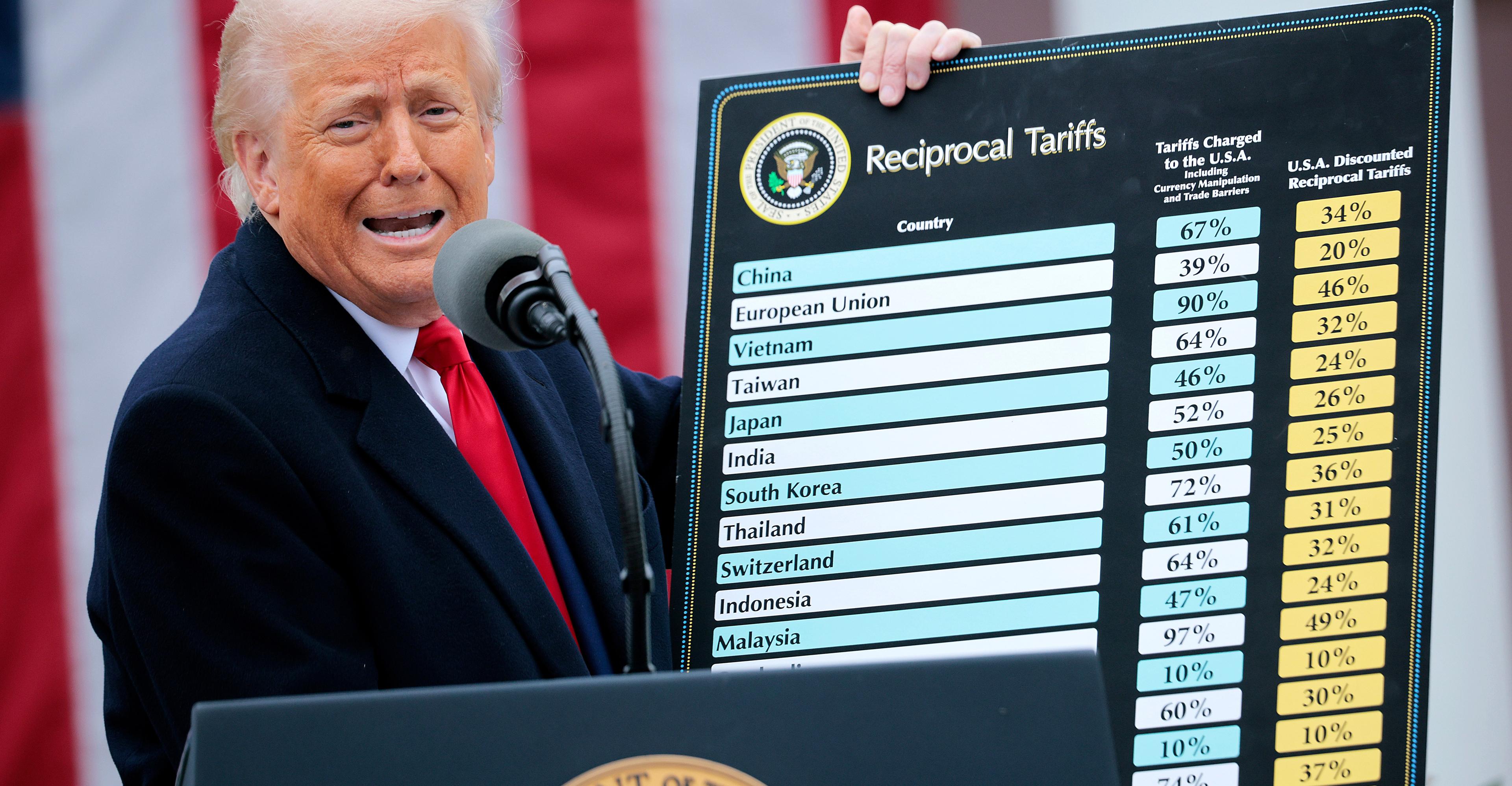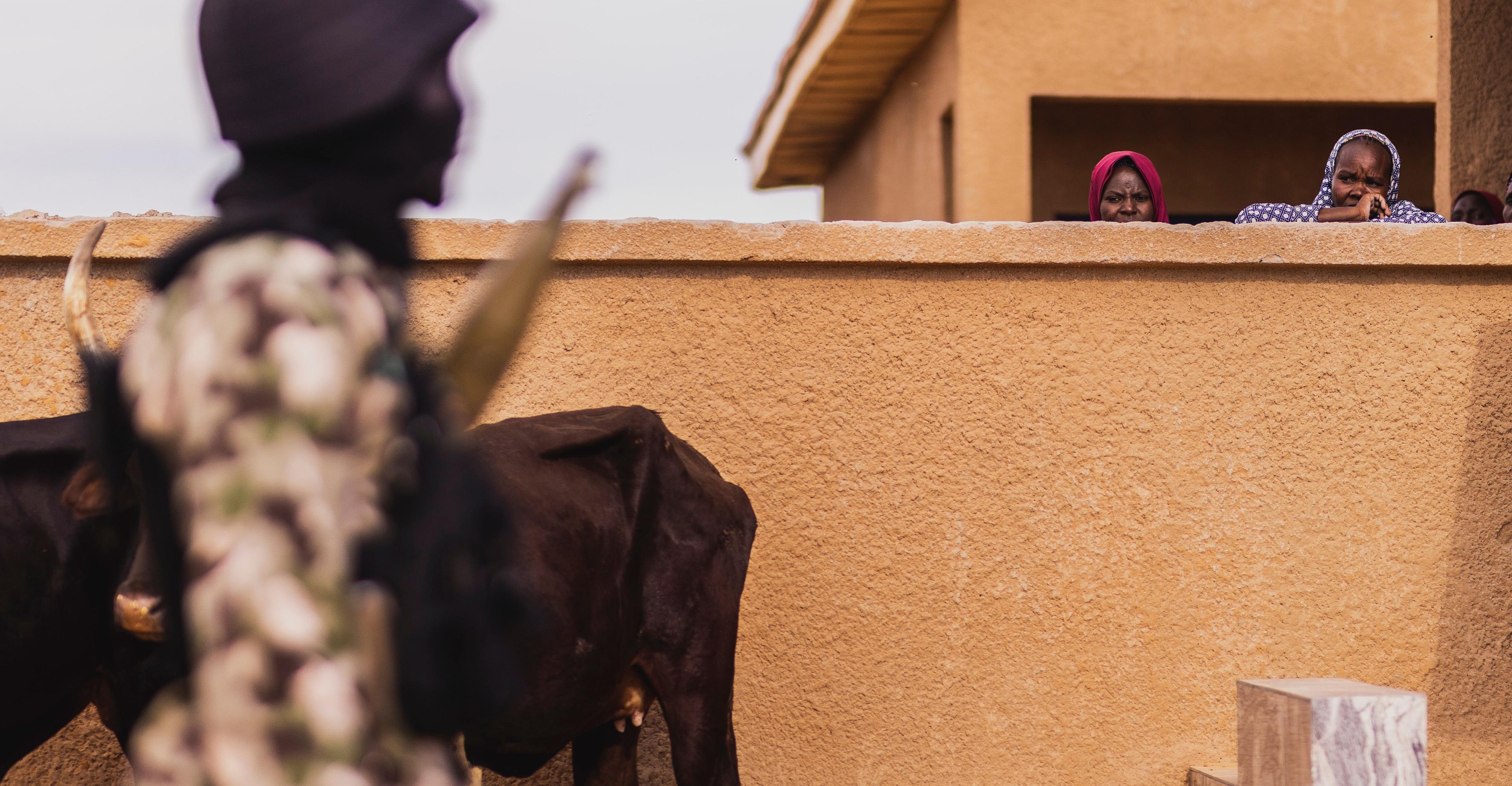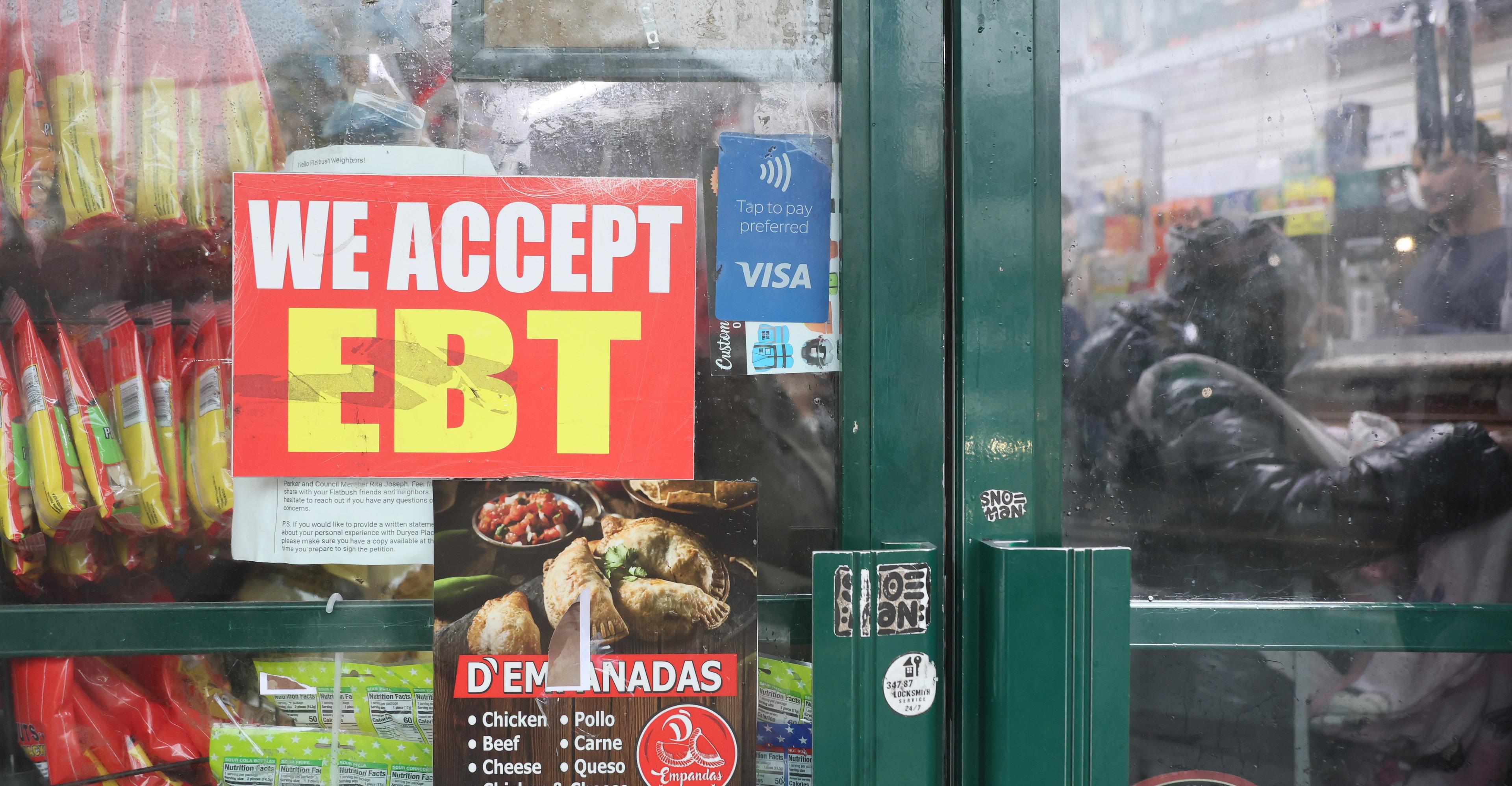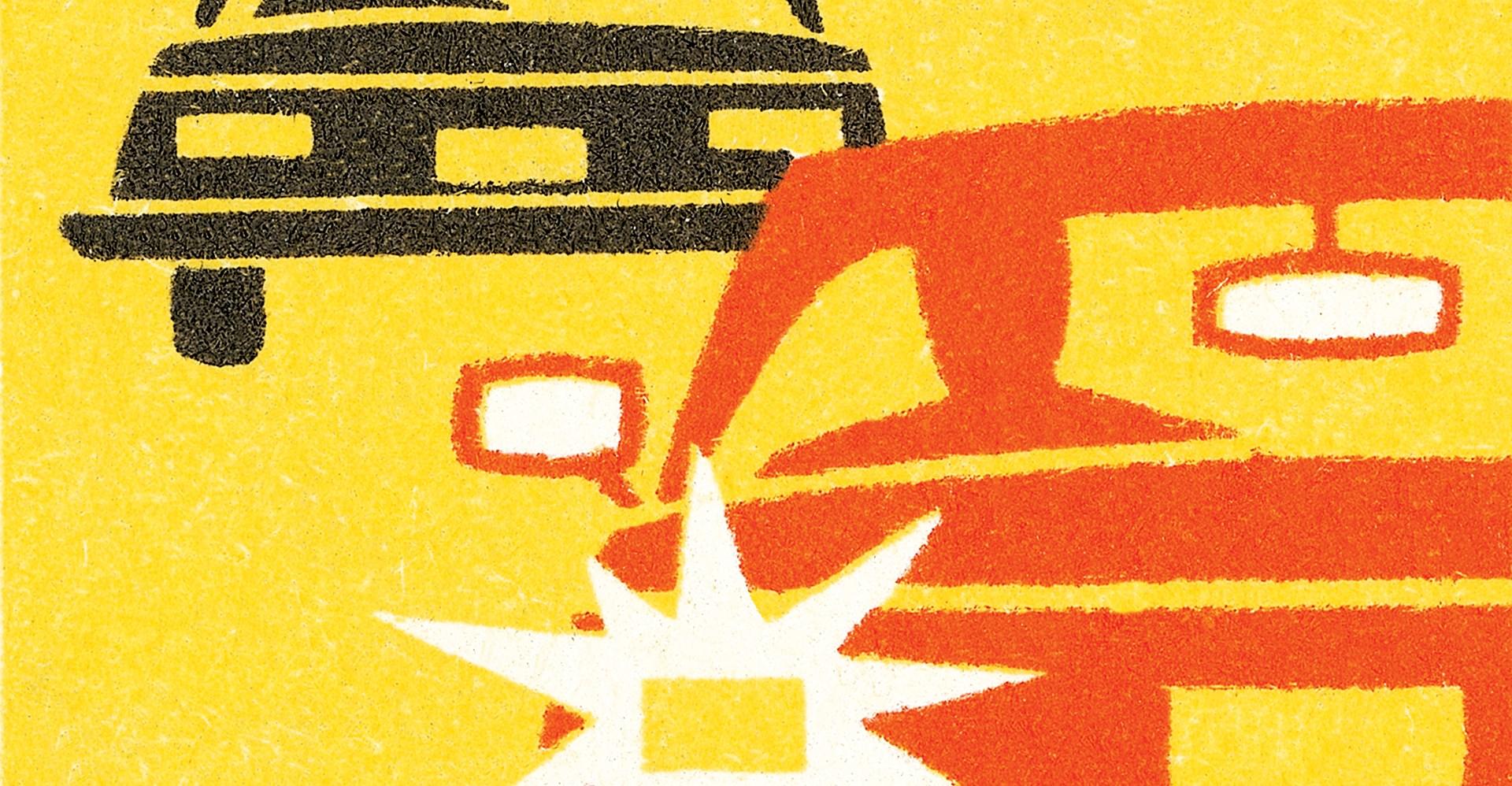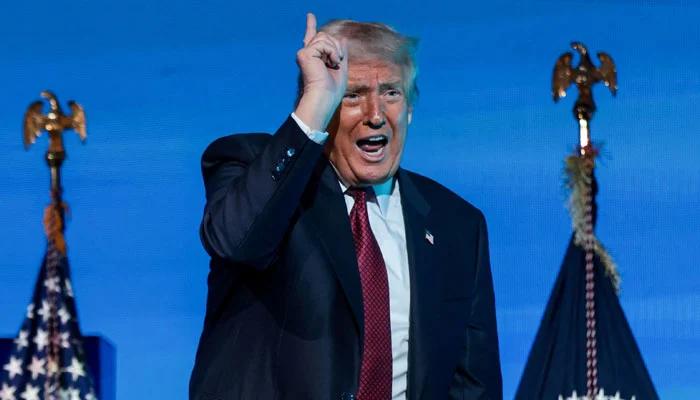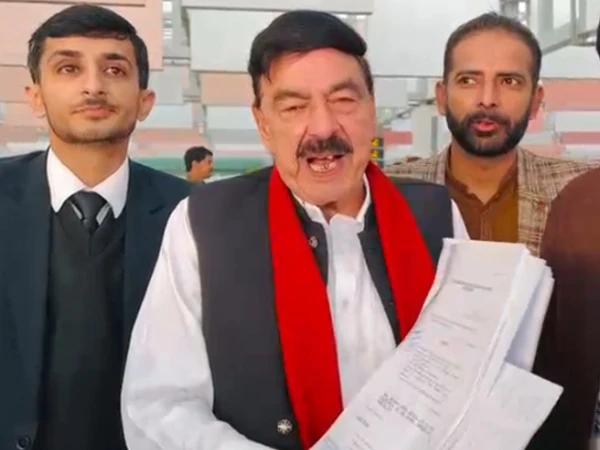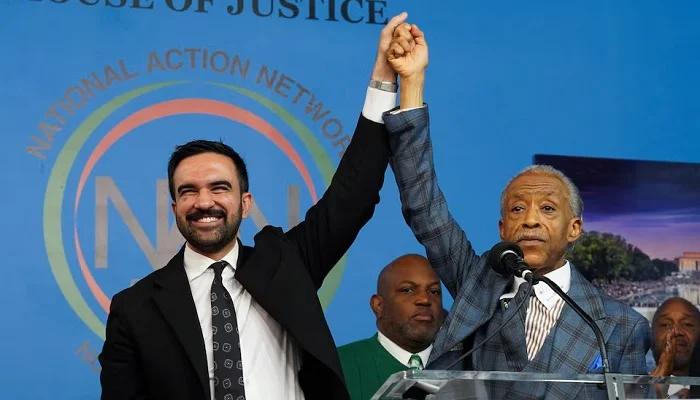Giving a kidney saves a life. Paying donors could fix the shortage.


What if I told you there was a way that the US could prevent 60,000 deaths, save American taxpayers $25 billion, and pay a deserving group of people $50,000 each? Would you be interested? Would you wonder why I’m pitching this to you like I’m the host of a late-night basic cable infomercial?
I am not a spokesman. I am simply a fan and supporter of the End Kidney Deaths Act, a bill put together by a group of kidney policy experts and living donors that would represent the single biggest step forward for US policy on kidneys since … well, ever.
The plan is simple: Every nondirected donor (that is, any kidney donor who gives to a stranger rather than a family member) would be eligible under the law for a tax credit of $10,000 per year for the first five years after they donate. That $50,000 in total benefits is fully refundable, meaning even people who don’t owe taxes get the full benefit.
Elaine Perlman, a kidney donor who leads the Coalition to Modify NOTA, which is advocating for the act, based the plan on a 2019 paper that estimated the current disincentives to giving a kidney (from travel expenses to lost income while recovering from surgery to pain and discomfort) amounted to about $38,000. That’s almost $50,000 in current dollars, after the past few years’ inflation.
The paper also found that removing disincentives by paying this amount to donors would increase the number of living donors by 11,500 a year. Because the law would presumably take a while to encourage more donations, Perlman downgrades that to about 60,000 over the first 10 years, with more donations toward the end as people become aware of the new incentives. But 60,000 is still nothing to sneeze at.
Due to a law signed by Richard Nixon, the US has single-payer health care for only one condition: kidney failure. Medicare picks up the bill for most patients with kidney failure, including for the main treatment of dialysis, in which an external machine replicates the functions of a kidney.
Dialysis is not only worse for patients than a transplant, for reasons we’ll get into in a moment; it’s more expensive too. In 2021, Medicare spent $33.4 billion, or almost 7 percent of its overall budget, on patients with kidney failure, much of it on dialysis treatment. Getting people transplants saves both lives and money: At about $416,000 in estimated savings each, those 60,000 transplants made possible by donor incentives over the first 10 years would save taxpayers about $25 billion.
I write about a lot of government programs, and usually there’s a tradeoff: You can do more good, but you’re going to have to spend a lot more money. Win-win scenarios where the government saves money while saving lives are virtually unheard of. We’d be foolish not to leap at this one.
The kidney problem, explained
The End Kidney Deaths Act is trying to solve a fundamental problem: Not nearly enough people are donating their kidneys.
In 2021, some 135,972 Americans were diagnosed with end-stage renal disease, meaning they would need either dialysis or a transplant to survive. That year saw only 25,549 transplants. The remaining 110,000 people needed to rely on dialysis.
Dialysis is a miraculous technology, but compared to transplants, it’s awful. Over 60 percent of patients who started traditional dialysis in 2017 were dead within five years. Of patients diagnosed with kidney failure in 2017 who subsequently got a transplant from a living donor, only 13 percent were dead five years later.
Life on dialysis is also dreadful to experience. It usually requires thrice-weekly four-hour sessions sitting by a machine, having your blood processed. You can’t travel for any real length of time, since you have to be close to the machine. More critically, even part-time work is difficult because dialysis is physically extremely draining.
Most people who do get kidney transplants get them from deceased donors. There’s more we can do to promote that: One study found that about 28,000 organs annually, including about 17,000 kidneys, could be recovered from deceased donors but are not, largely because organ procurement groups and surgeons have strong incentives to reject less-than-perfect organs. People are working hard on fixing that problem, but they’d be the first to tell you we need more living donors too.
The gap between kidneys needed and kidneys available is about 10 times larger than that 17,000-a-year figure. Kidneys from living donors also last longer than those from deceased donors, and the vast majority of those who die (96.7 percent by one study’s estimate) are not even eligible to donate their organs, usually because the prospective donor is too sick or too old.
So we should be recovering the organs that are eligible. But it won’t get us all the way. We need living donors too.
But we don’t have enough — particularly enough nondirected donors. These are donors giving to a stranger, and thus donors whose kidneys can be directed to the person with the most need. While I and others have done our best to evangelize for nondirected donation, our ranks are pretty thin. In 2023, only 407 people donated a kidney to a stranger.
The End Kidney Deaths Act would aim to increase that number nearly thirtyfold. Perlman told me the Coalition to Modify NOTA is open to supporting donors who give to family or friends as well, or even providing benefits to families of deceased donors. But in part because nondirected donations are so rare, starting out by just subsidizing them saves money upfront. The act is meant as a first step toward a system of more broadly compensating donors; if it proves this approach can work, we can always expand eligibility.
The moral case for compensating kidney donors
The most common objection to compensating kidney donors is that it amounts to letting people “sell” their kidneys, a phrasing that even some proponents of compensation adopt. For opponents, this feels dystopian and disturbing, violating their sense that the human body is sacred and should not be sold for parts.
But “selling kidneys” in this case is just a metaphor, and a bad one at that. The End Kidney Deaths Act would not in any sense legalize the selling of organs. Rich people would not be able to outbid poor people to get organs first. There would be no kidney marketplace or kidney auctions of any kind.
What the proposal would do is pay kidney donors for their labor. It’s a payment for a service — that of donation — not a purchase of an asset. It’s a service that puts some strain on our bodies, but that’s hardly unusual. We pay a premium to people in jobs like logging and roofing precisely because they risk bodily harm; this is no different.
When you think of donor compensation as payment for work done, the injustice of the current system gets a lot clearer.
When I donated my kidney, many dozens of people got paid. My transplant surgeon got paid; my recipient’s surgeon got paid. My anesthesiologist got paid; his anesthesiologist got paid. My nephrologist and nurses and support staff all got paid; so did his. My recipient didn’t get paid, but hey — he got a kidney. The only person who was expected to perform their labor with no reward or compensation whatsoever was me, the donor.
This would outrage me less if the system weren’t also leading to tens of thousands of people dying unnecessarily every year. But a system that refuses to pay people for their work, and in the process leads to needless mass death, is truly indefensible.
A version of this story originally appeared in the Future Perfect newsletter. Sign up here!

Films from YouTube and Google Play are no longer available on Movies Anywhere
- 2 hours ago

Google Maps can tell Polestar 4 drivers when to merge lanes
- 2 hours ago

The Verge’s guide to Black Friday 2025
- 2 hours ago
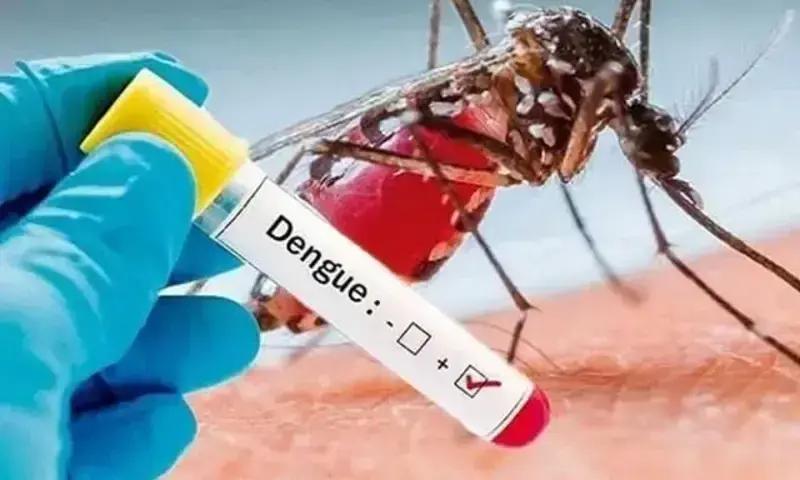
Dengue on spike in KP, 105 new cases report in 24 hours
- 5 hours ago

Microsoft AI’s first in-house image generator MAI-Image-1 is now available
- 2 hours ago

Lyft CEO David Risher on paying drivers more and the shift to robotaxis
- 2 hours ago
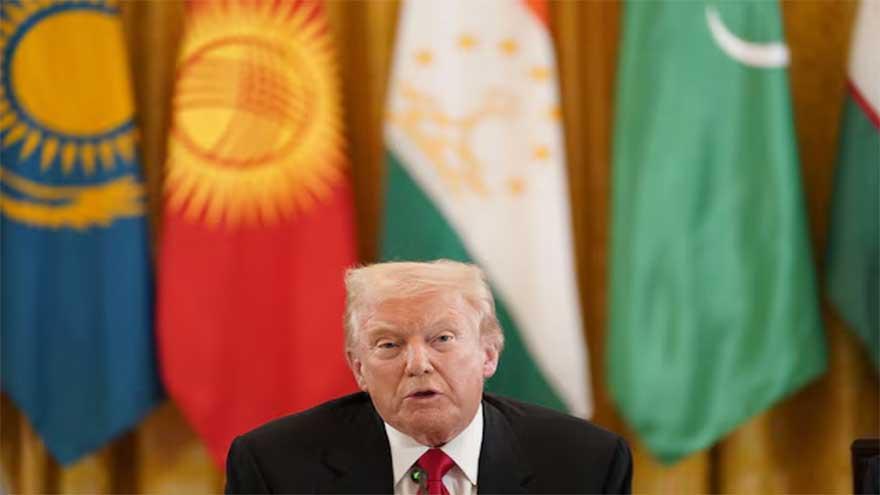
Kazakhstan to join Abraham Accords, says Trump
- 6 hours ago
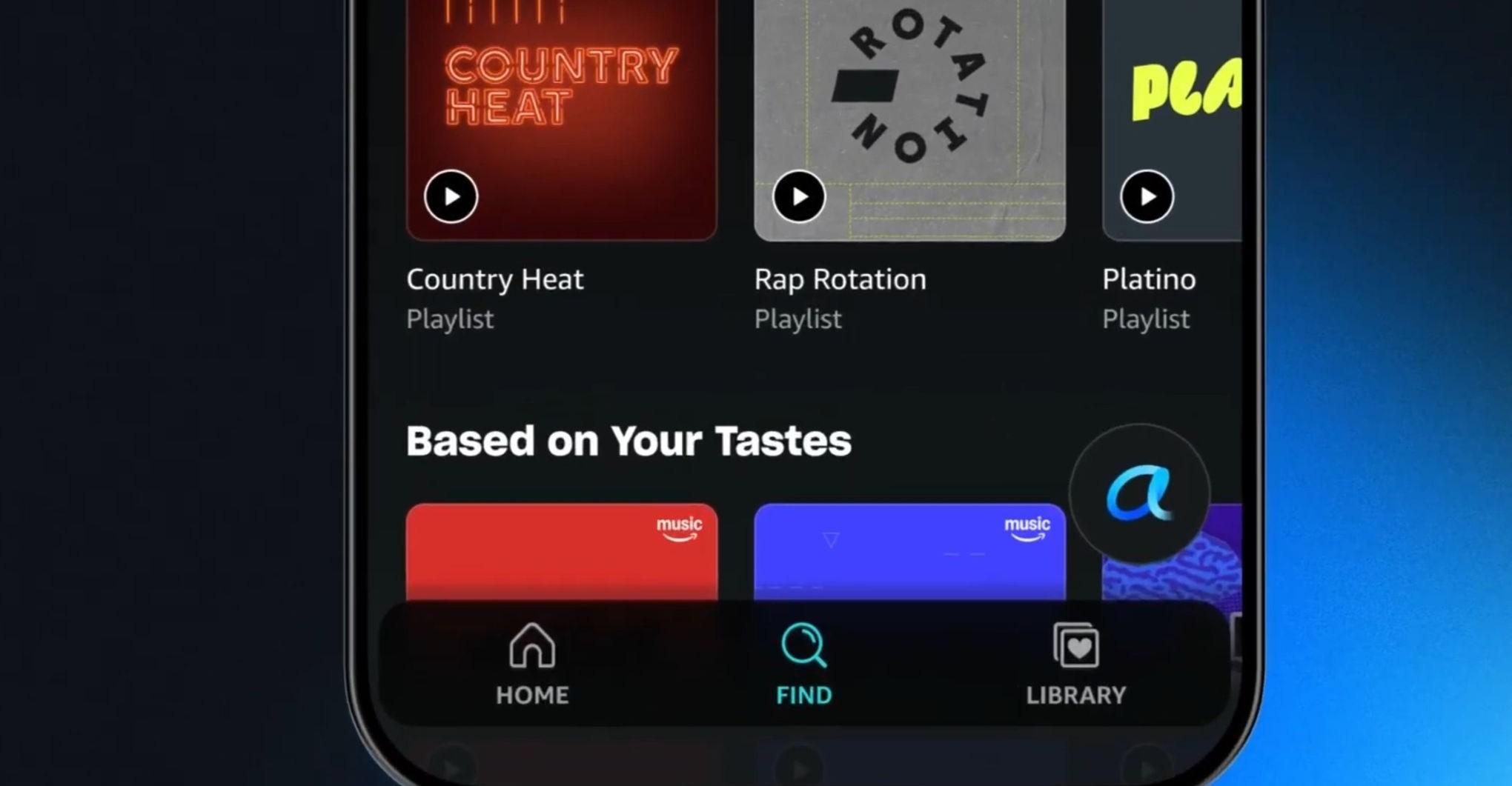
Amazon is building Alexa Plus into its Music app
- 2 hours ago

Instagram slapped with cease and desist over its use of ‘PG-13’ teen accounts
- 2 hours ago

Predator: Badlands is a lighthearted twist on the brutal sci-fi series
- 2 hours ago
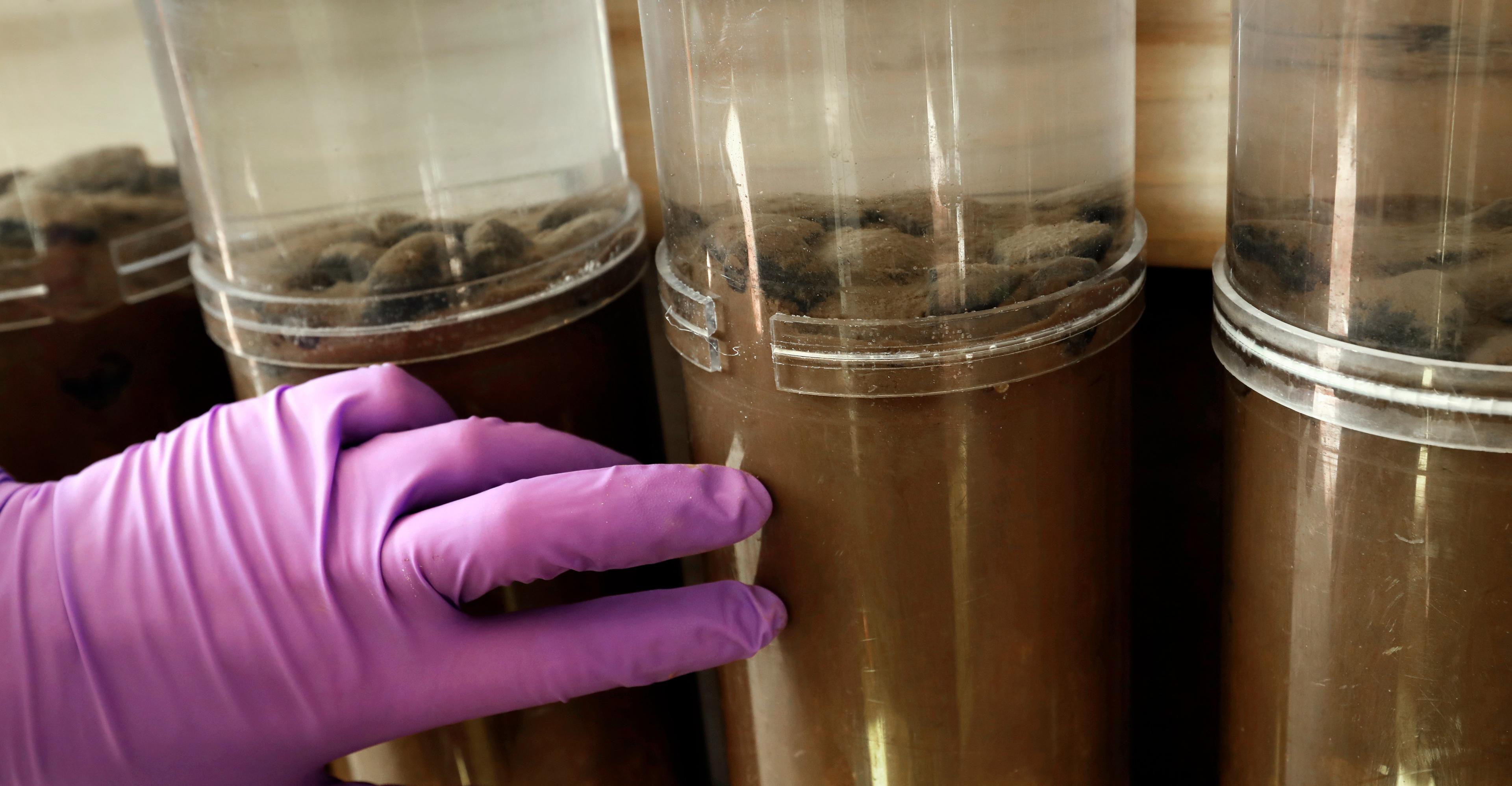
How deep-sea mining could threaten a vital ocean food source
- 2 hours ago
Google’s entire Pixel 10 lineup is up to 25 percent off for the first time
- 2 hours ago

